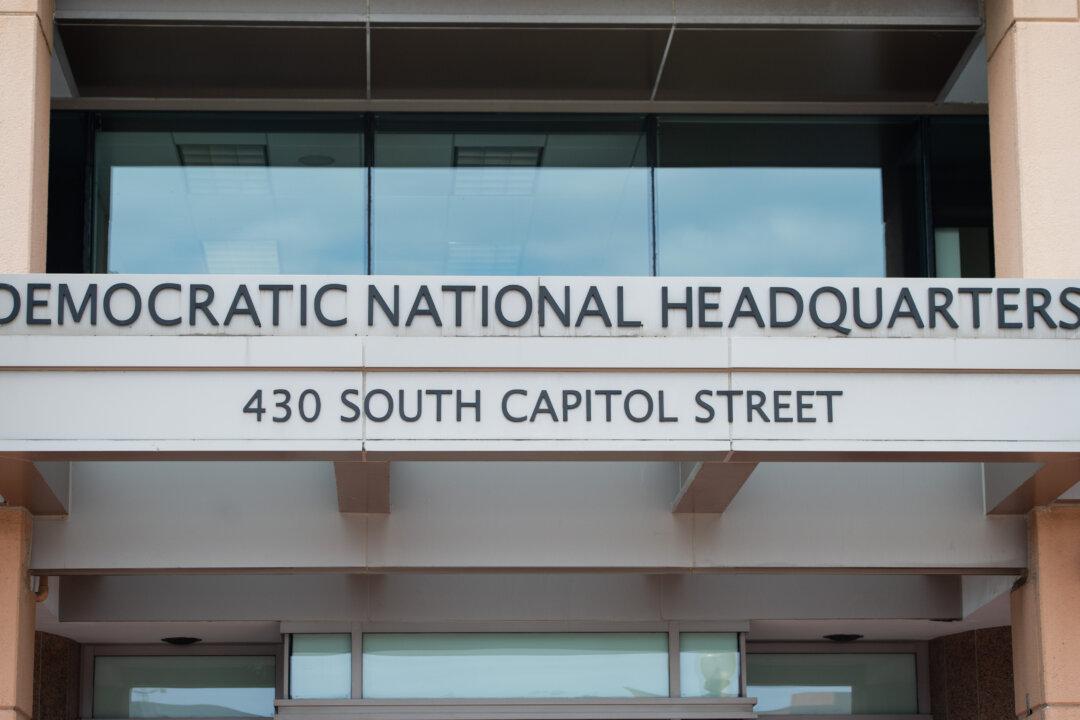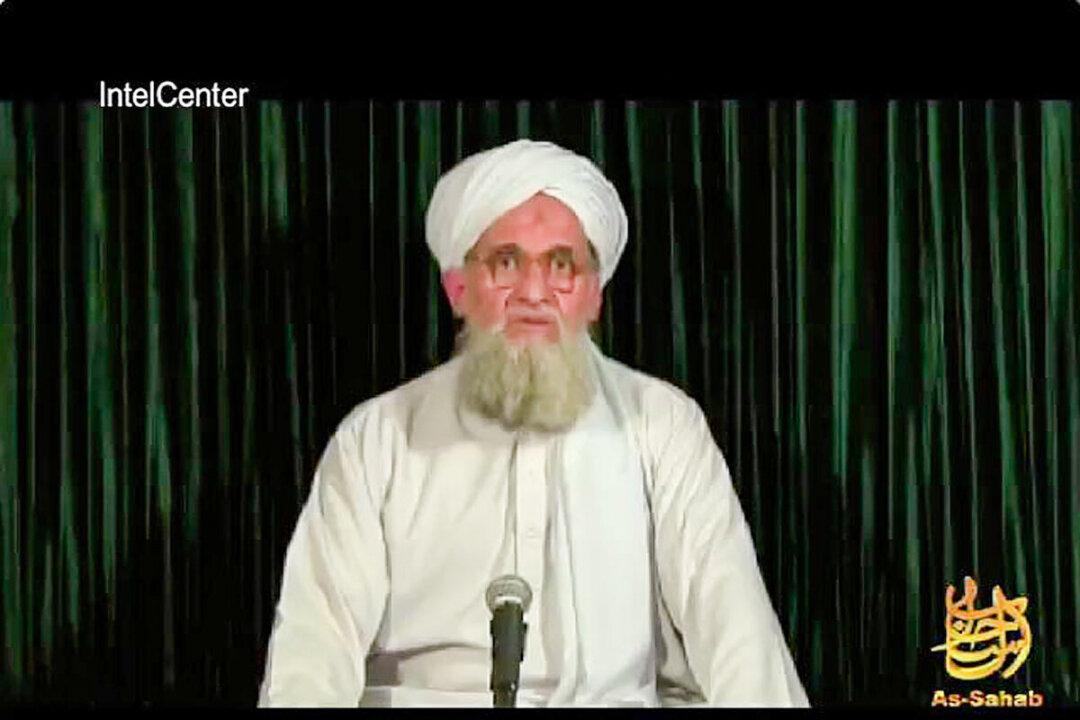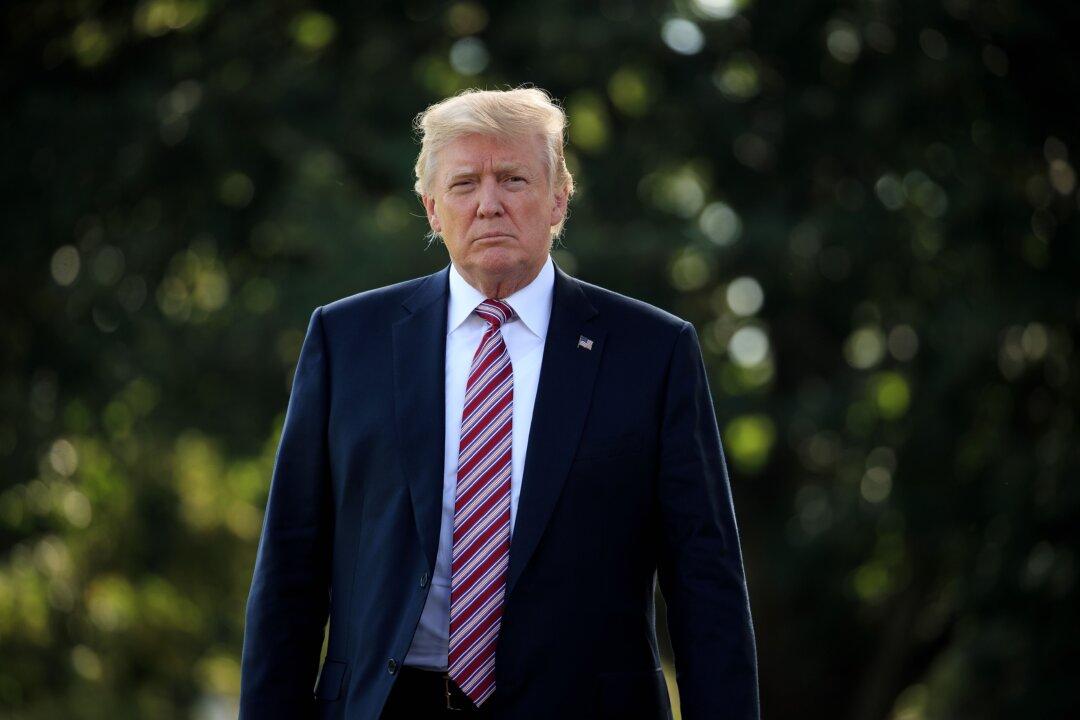News Analysis
Special Counsel John Durham’s final report faults the FBI for opening the Trump-Russia collusion investigation on baseless grounds and relying on Hillary Clinton-funded material to pursue it, all while ignoring a warning that Clinton was plotting to frame Trump as a Russian asset. Yet Durham does not address the Clinton campaign’s equally central tie to Russiagate’s other foundational allegation: that Russia interfered in the 2016 election by hacking Democratic party servers and releasing the material through Wikileaks to help elect Trump.





